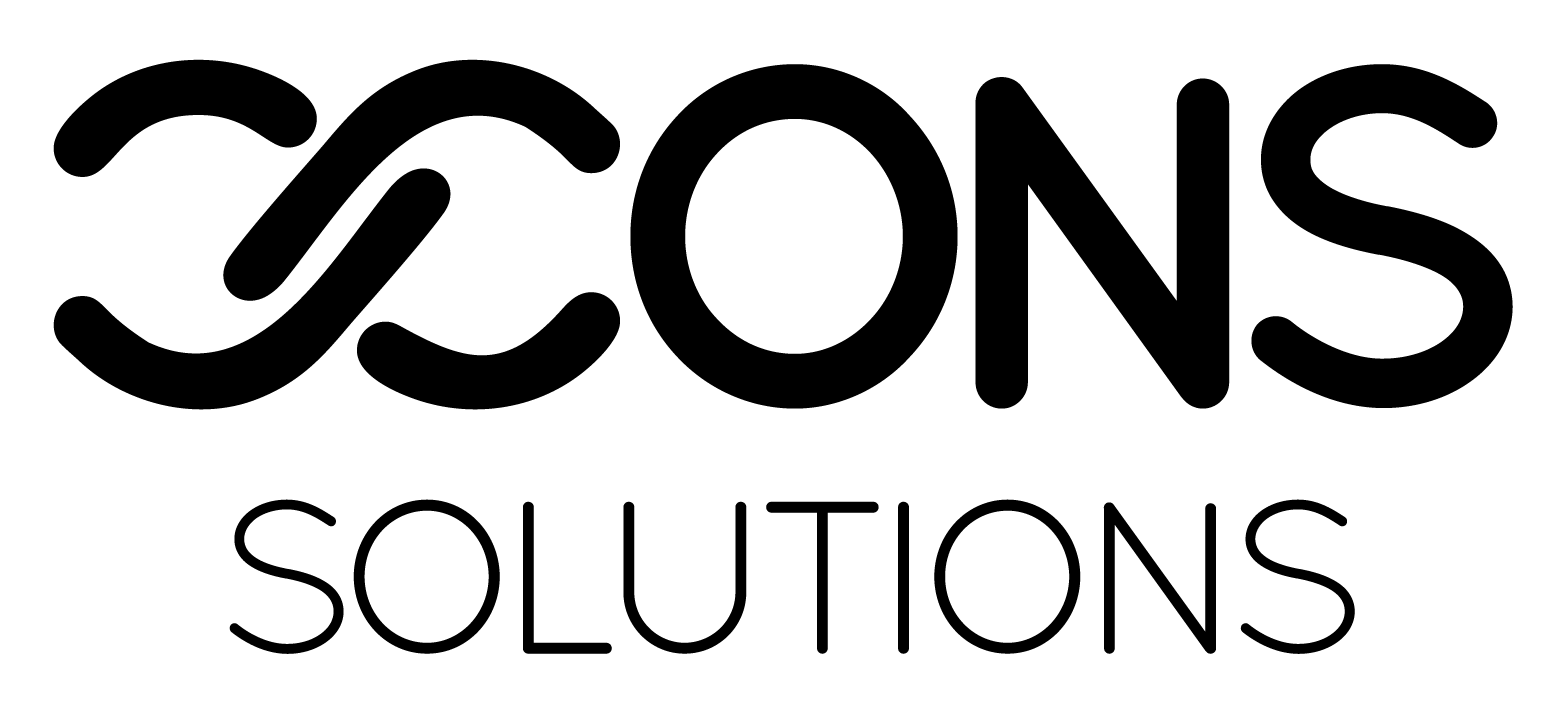Introduction
In 2025, keyword usage is about balance—understanding intent, context, and structure. Gone are the days of keyword stuffing. Today, using keywords effectively means integrating them naturally into content that answers real user questions. If you’re looking to rank higher on Google, this guide will walk you through modern keyword strategy.
1. Understand Search Intent
Every keyword has a purpose: informational, navigational, transactional, or commercial.
Examples:
- “What is UI/UX design?” = Informational
- “Best web agency in Ilford” = Commercial
Use keywords that match your audience’s intent to drive meaningful traffic.
Learn how we align intent through our Search Engine Optimization services.
2. Use Long-Tail Keywords for Better Targeting
Broad keywords are competitive. Long-tail keywords are more specific and easier to rank for.
Examples:
- Broad: “web design”
- Long-tail: “affordable WordPress web design in Ilford”
Long-tail terms bring more qualified traffic. We integrate them throughout Web Design & Development and Ecommerce Development content.
3. Place Keywords Strategically
It’s not just about what you say, but where you say it. Place keywords in:
- Meta titles and descriptions
- Headings (H1, H2)
- First 100 words of your content
- URL slugs
- ALT text for images
We apply this consistently in all Blogs and UI/UX Design strategies.
4. Keep Content Natural and Reader-Friendly
Google values content that flows naturally. Don’t force keywords—use them where they make sense.
- Write for humans first, then optimize for SEO
- Use synonyms and related terms (semantic SEO)
- Avoid keyword stuffing
At XCONS, we write content that both ranks and resonates.
5. Internal Linking for SEO Context
Keywords also work as anchor text in internal links. This helps search engines understand relationships between pages.
Example:
- Learn more in our SEO Tips for Small Businesses
- See our full Figma to Web Development process
Internal linking builds topical relevance across your site.
6. Monitor Keyword Performance
Use tools like Google Search Console, SEMrush, or Ahrefs to:
- Track keyword rankings
- Measure click-through rates (CTR)
- Identify opportunities for optimization
7. Conclusion: Smart Keyword Usage Wins in 2025
To rank higher on Google, you need more than just keywords—you need strategy. By understanding intent, placing keywords strategically, and optimizing naturally, your content will perform better and reach the right audience.
Want help building a keyword strategy for your business? Contact XCONS and let’s get you ranking.
Explore More:
- On-Page vs Off-Page SEO: What’s the Difference?
- How to Create a High-Converting Website


